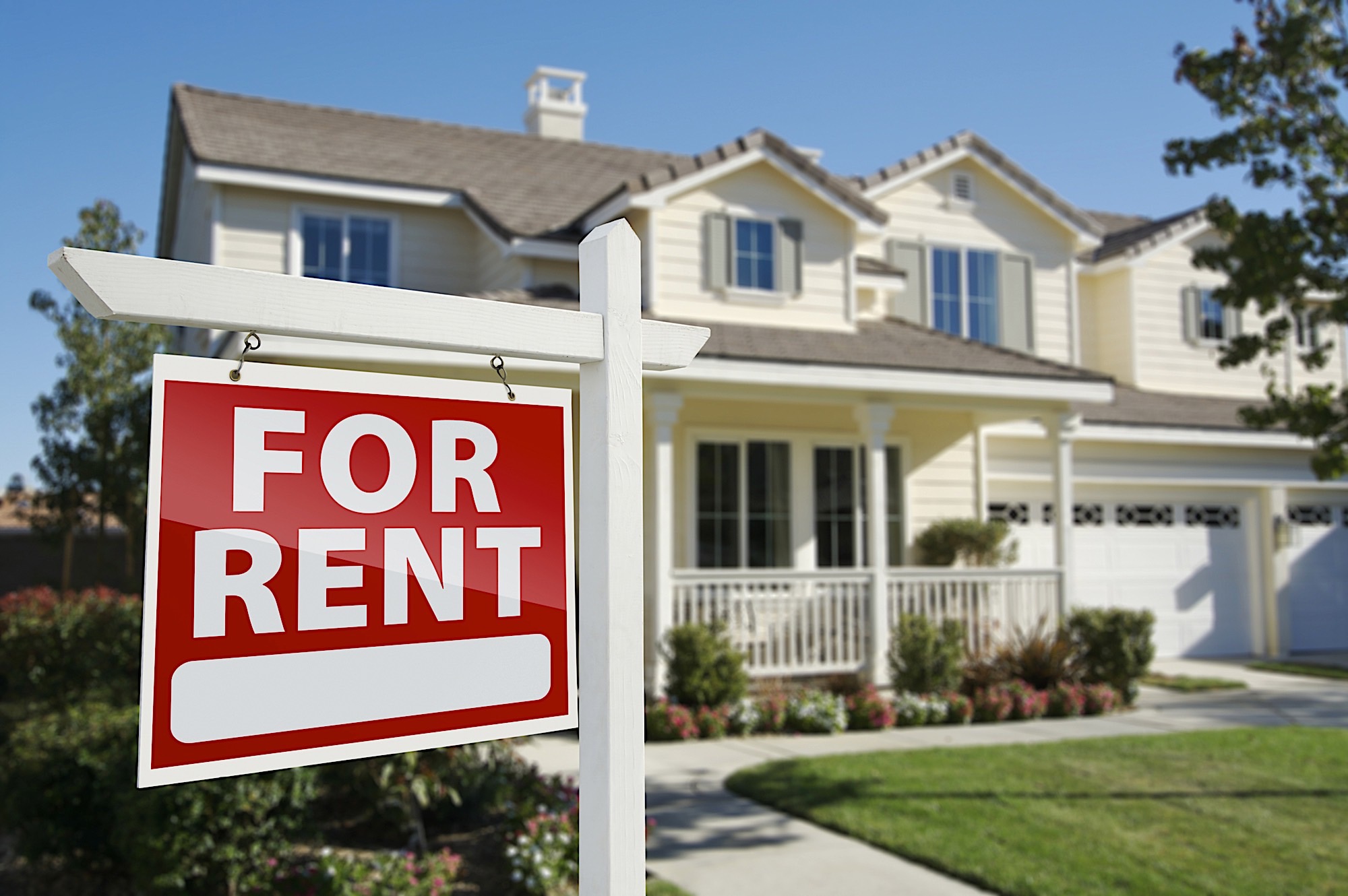There are multiple ways to purchase a property. Your financing options are largely based on your available capital and your long term investing goals. The financing you choose for a rental property is often not the same as what you would use for a rehab. There are times when lender financing makes the most sense. Between the record low interest rates and reasonable closing costs this is often the best long term option available. While there have been some significant changes to the industry in recent years there is still plenty that is unknown about the process. Before you get too far you need to know exactly what you are getting into. Here are the top five questions you need to ask you lender.
- What Are The Terms? One of the biggest changes in the mortgage industry is with the amount of transparency in every transaction. Before your loan application goes to underwriting you are emailed a summary of all the fees and terms. Because of this there is no longer a chance that you can fall victim to a bait and switch at the closing. In general the number of loan programs has greatly diminished in recent years. Gone are many of the exotic programs with varying terms and rates. There are a few adjustable rate loans still around but for the most part it is the standard 15, 20 and 30 year fixed options. You need to know if there is anything out of the ordinary with the terms of your loan. If there is a balloon payment or a prepayment penalty this has to be stated upfront. There are times when these options make sense but all of this has to be disclosed to you before you sign your application.
- What Is My Rate And How Long Is It Good For? Interest rates change every day. In days of high market volatility they can change multiple times a day. After your credit is pulled and your lender receives some preliminary information you will be given an estimated interest rate. This rate is based on how high your credit score is, your down payment amount and your debt to income ratio. If your application is lacking in any one of these areas the rate you are quoted will be greater than what is advertised. You can try shopping your rate to other companies but they will most likely be within a quarter point of each other. In addition to a quoted rate you need to know how long your rate is good for. Your interest rate will not last forever. It is typically locked for 30, 45 or 60 days. The longer the rate lock term generally the higher the rate. Your rate is the most important factor in determining your monthly payment. It is critical that you know everything about it.
- Timeframe. No two loan applications are the same. Two loans submitted to the same lender could close weeks apart. The difference could be due to a number of different factors. The type of income you receive, the appraisal on the property or the title on the property could all contribute extra days to the loan. Before you commit to a lender you need to have an idea of the timeframe you can close. There are certain times when lenders are flooded with new submissions. This can cause the average loan to close weeks later than what may be available with another lender. There could also be issues with your credit profile or application that will tack on extra days. Having an idea of the timeframe impacts the offer you make and the rate lock you accept. It may even impact which lender you decide to go with.
- Closing Costs/Fees. One of the biggest benefits of complete transparency is that you now know exactly what your closing costs and loan fees are. This number is no longer simply just a best estimate. By law the total fees that are disclosed at the time of submission must be within a percentage of the actual numbers on the HUD statement. If these are above the allowed variance they must be changed before the loan goes into closing. This gives you a chance to shop closings costs. The average loan fees to the lender are roughly 1.5% of the loan amount. This number can change based on specific loan size and application profile.
- Total Items Needed. Before you get too far you want to know which items are needed to move forward. In most cases you are looking at tax returns, bank statements and current income documentation. The items needed are much different for self-employed borrowers. You need all the pages in your tax returns, accountant’s letters, profit and loss statements and possibly current leases. You will probably be asked for more items than you feel you need to provide. This is all stems from the changes that have been made in recent years. If your loan requires items that may take a few days to obtain you want plenty of time to get everything together. Things may change during the process but before you start you want to know what you should expect.
Closing a loan with a lender is not as difficult as may be perceived. Don’t be afraid to ask questions before you get started.






